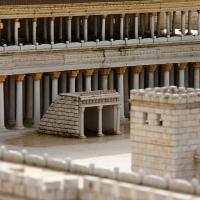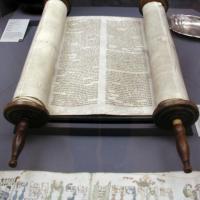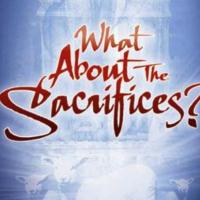Do we have eternal security or eternal insecurity? Do apostates lose their eligibility for the world to come? A few verses in Hebrews 6 have been a theological battleground for these questions since the earliest days of Christianity.
The things that belong to salvation include the gift of the Spirit, the goodness of the word of God, and the power of the age to come. This sermon deals with the difficult and controversial material in Hebrews 6:4-12.
For in the case of those who have once been enlightened and have tasted of the heavenly gift and have been made partakers of the Holy Spirit, and have tasted the good word of God and the powers of the age to come, and then have fallen away, it is impossible to renew them again to repentance, since they again crucify to themselves the Son of God and put Him to open shame. (Hebrews 6:4-6)
One for the black bird, one for the crow, one for the cutworm, and one to grow.



















